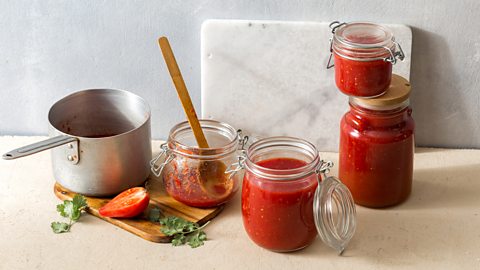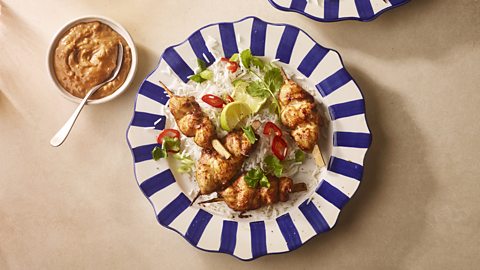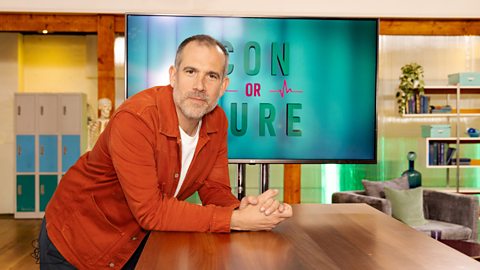Are there really toxins in non-organic food?

The UK organic market is worth £2.2 billion and is still growing. Shoppers say health and environmental concerns are key reasons for choosing organic, but do these arguments stack up?
Does organic food contain fewer pesticides?
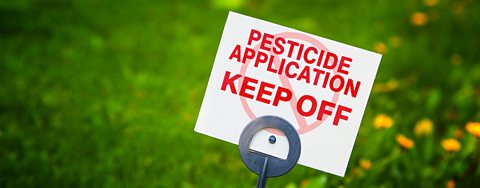
Almost 400 pesticides are used in conventional farming, but only 26 have been approved for organic farming.So why are many non-organic farmers happy to use chemical pesticides? They all undergo a comprehensive risk assessment before being released in the EU and the UK government tests food samples for pesticide residue every year.
A Maximum Residue Level (MRL) for pesticides in foods is set by law and is below the safety level. In the most recent study, 3 percent of conventionally farmed food samples contained over the MRL for an individual pesticide compared with 0.4 percent of organic, while 44 percent contained residues at or below the MRL compared with 3 percent of organic.
None of the residue levels found in conventional or organic foods were expected to have any effect on human health. But some argue there are gaps in the regulations, such as the effect of mixing chemicals.
Pesticide Action Network (PAN) UK claims the amount of individual pesticides isn’t necessarily the issue, but eating so-called ‘chemical cocktails’ over an extended period of time is. The government study found at least two samples of every type of fruit and vegetable tested contained residue of more than one pesticide. “Nobody knows what impact this consistent low level exposure to such a mixture of chemicals is having on us”, says PAN's website.
The great news is that all fruit and vegetables are good for you, organic or not. The health benefits of high fruit and vegetable consumption are well documented.
Does organic food use fewer antibiotics?
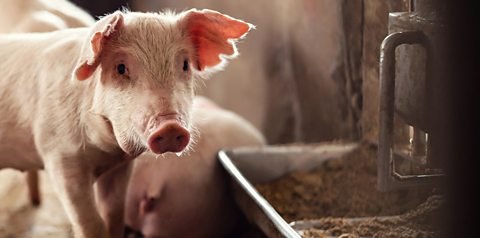
The latest estimates show that 73 percent of the world’s antibiotic use is in farming. The extent of the use of antibiotics is controversial because the non-resistant strains of bacteria are killed by the antibiotic, while the stronger, resistant strains remain and multiply. This means antibiotics could lose their ability to control disease and infection in humans and animals.
“Antibiotics provide the only effective means of treatment for a number of animal diseases and are essential to ensure the health and welfare of animals. Nevertheless, it is crucial that we minimise the unnecessary use of antibiotics in animals so that we preserve their effectiveness in treating animal disease and also for protecting public health more broadly”, says a spokesperson for the Veterinary Medicines Directorate.
In organic farming, the use of antibiotics is subject to very restrictive controls. “If farms manage animals properly and according to their needs, they don’t have to rely on things like routine antibiotics”, says the Directing Founder of the Sustainable Food Trust, Patrick Holden.
But in non-organic agriculture, the use of antibiotics in the UK is lower than some expect. In the latest available stats, from 2016, UK usage was almost 64 percent below the EU average, and it's declining. New legislation has recently been approved by the EU to ban the routine use of antibiotics in farming, and will come into force in 2022. This means animals won’t be given antibiotics to prevent illness, only to treat it.
Is organic food healthier?

Pro-organic campaigners argue that there are significant nutritional differences between organic and conventional crops, pointing to this review from 2015. Sceptics point to this review from 2009, which finds no difference. The BBC’s Trust me I’m a Doctor also found no difference.
One study concluded organic food may taste better to people who care about the cause. It calls this ‘moral satisfaction’ and suggests if the participant did not care about the ethical position, the food would not taste better.
Can organic farming feed the world?

Finding a way to feed the future 10 billion global population without irreparably damaging the planet is a hot topic. Is organic up to the challenge? The latest records show that in 2017 only 2.9 percent of the UK's farmland was certified organic.
Pesticides and antibiotics have done wonders for minimising loss of crops to disease and pests. Individual organic crops are reported to yield up to around 20 percent less than conventional produce. However, “We are living beyond the capacity of the Earth’s resources to sustain us. Unless we change our food systems, we won’t have a planet fit to live on”, says Patrick Holden.
A study modelled 500 food production scenarios and found enough food could be produced on the world’s current farmland for the population in 2050. It found this could be possible even with lower-yielding organic farming, but only if grazing land was converted to crop land, meaning the whole population would need to become vegan, vegetarian or at least predominantly vegetarian.
Is organic the only environmentally friendly food?

“At the moment, organic certification is the only reliable way consumers can recognise food they can trust is truly sustainable”, says Patrick Holden. “We are working on developing a more inclusive international system, so customers can compare all products rather than pit organic against ‘everything else’.” He adds that some non-organic farmers are working sustainably, so there needs to be a scale of sustainability for consumers.
All organic produce from inside and outside the EU shows the EU organic logo, as well as logos from other accrediting bodies such as the Soil Association marque.
You will see other stickers and logos in the supermarket, denoting welfare, environmental and sustainability credentials. The LEAF marque is found on 39 percent of UK fruit and vegetables. A farm certified by LEAF has to continually demonstrate key markers for sustainable farming, such as soil management and fertility, crop health and protection, pollution control, energy efficiency, water management and conservation. It must also have clear traceability, monitoring and evaluation.

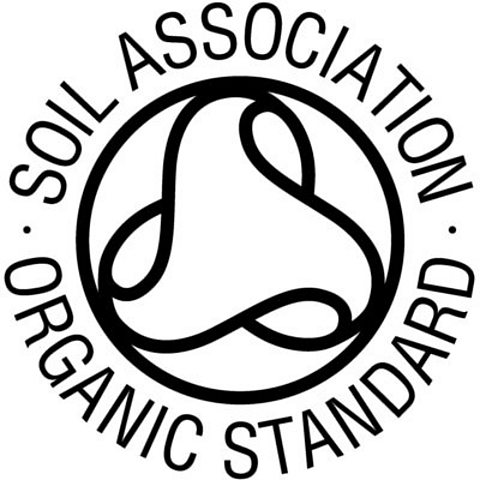
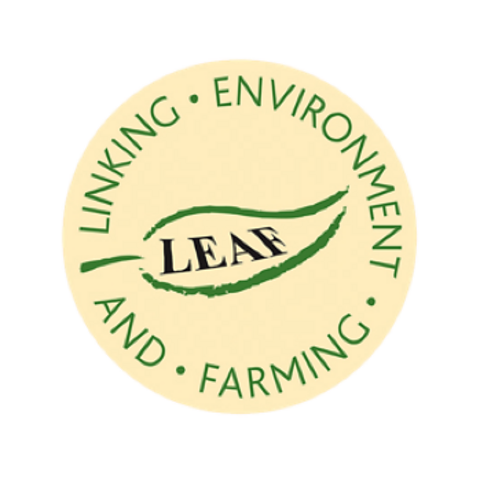
The Red Tractor and RSPCA logos signify produce has passed their standards in welfare, safe transport, storage levels and more. The Marine Stewardship Council (MSC) signifies fish from a sustainable source. The Lion Mark on eggs guarantees safety criteria. The Rainforest Alliance seal indicates food meets environmental, social and economic sustainability standards.
Alternatively, an increasing number of farms will deliver locally sourced fruit and veg boxes with seasonal produce. These allow you to know where your food has come from and how it has been farmed. You might also be able to speak to producers directly at farmers' markets.
